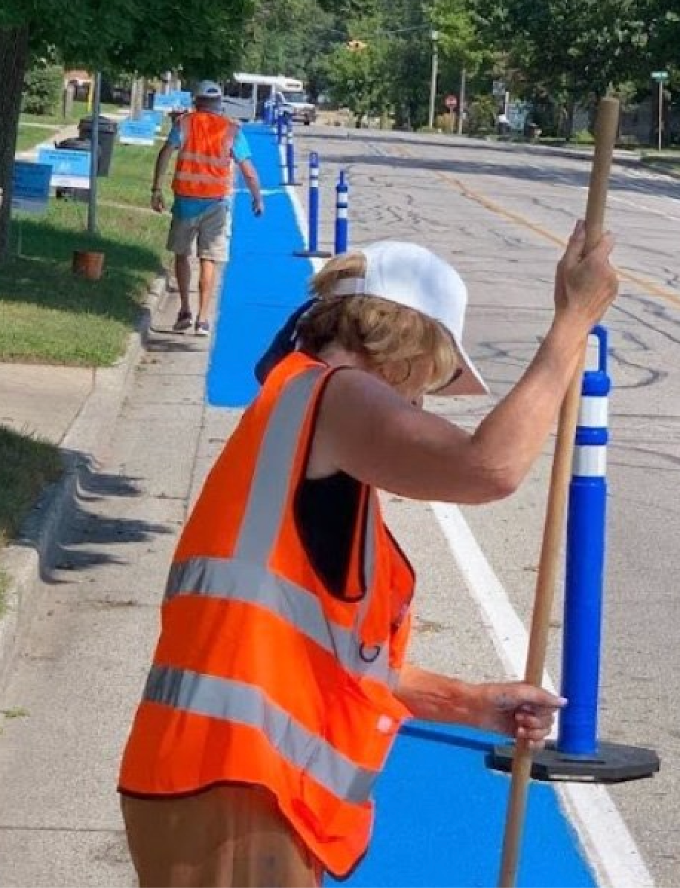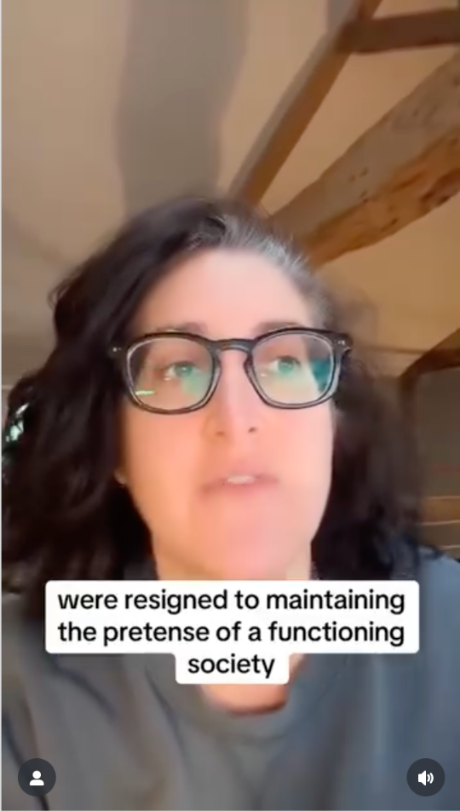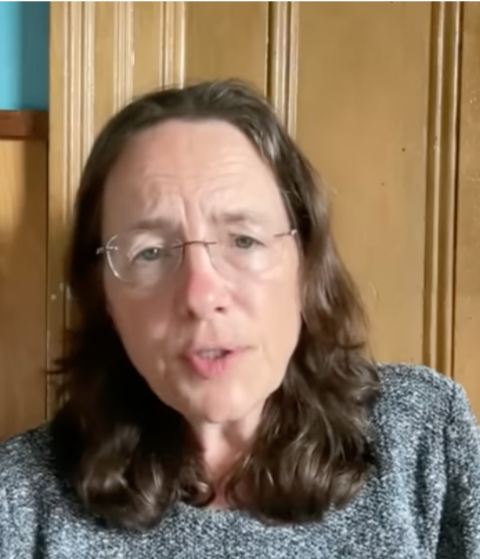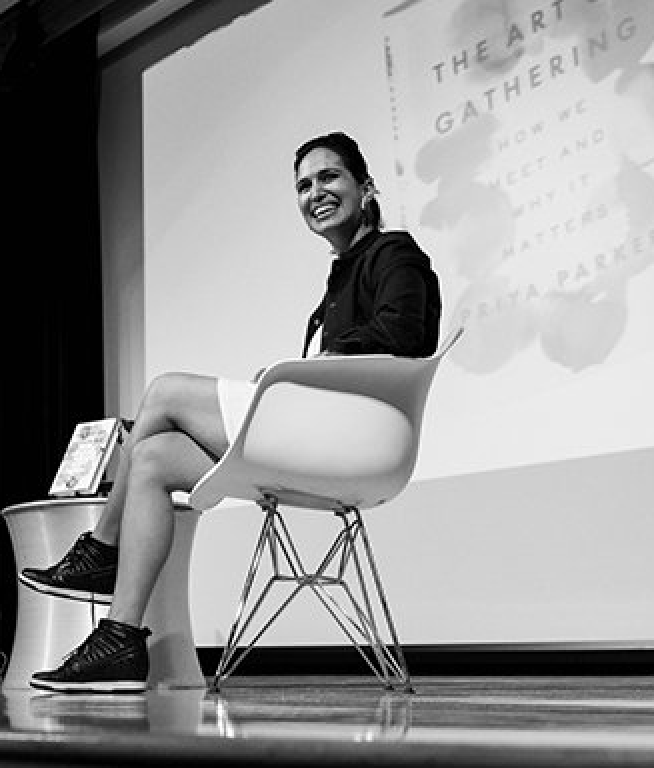April 25, 2025
Civics
'The only meaningful answer is to work even harder for a world of radical equality.'
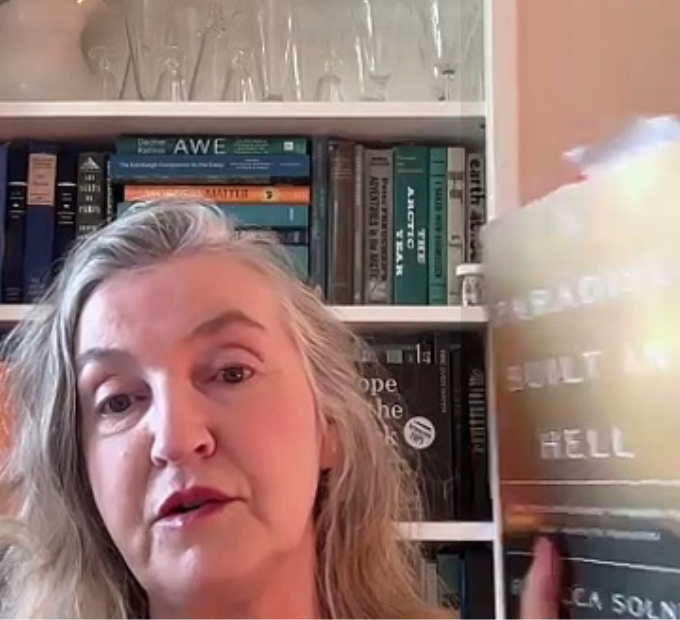
Rebecca Solnit says that the current political disruption of government services should be treated as a disaster, and that our most helpful response will be to strengthen relationships, especially local relationships.
Last month writer, historian and activist, Rebecca Solnit participated in a Zoom panel titled We Are Not Who They Told Us We Are: Everyday People in Extraordinary Times. She reiterated her belief that how we see ourselves shapes the societies we build and the ways we respond to disaster. She referenced her book, A Paradise Built in Hell, which was inspired by events like Hurricane Katrina.
Most people react to a disaster, she says, with courage, generosity, and cooperation—organizing aid, sharing resources, and rebuilding together. Disasters reveal our social and compassionate nature; the challenge is sustaining that spirit in everyday life through systems that foster connection and care.
She suggested that the current administration’s intentional dismantling of government and the destabilization of trusted safeguards constitutes a new kind of disaster—one that requires us to build networks of care, cooperation, and mutual aid, much like those formed in response to natural disasters.
""This is a disaster and the response to it that is going to be so helpful, whatever comes, is for people to strengthen their relationships, especially their local ones. Who are you going to respond to when resources get shut off, when the things people count on are no longer there?""
""A disaster is an opening up, and for a society that’s become stagnant, it offers the possibility of change. Those invested in the status quo want to return things to the way they were. For the people for whom the way things were didn’t work, often the transformative and even revolutionary possibilities are exciting.""
PARTIAL TRANSCRIPT: Rebecca Solnit on Disasters: We Can Strengthen Local Relationships And Democracy
Social Intelligence
